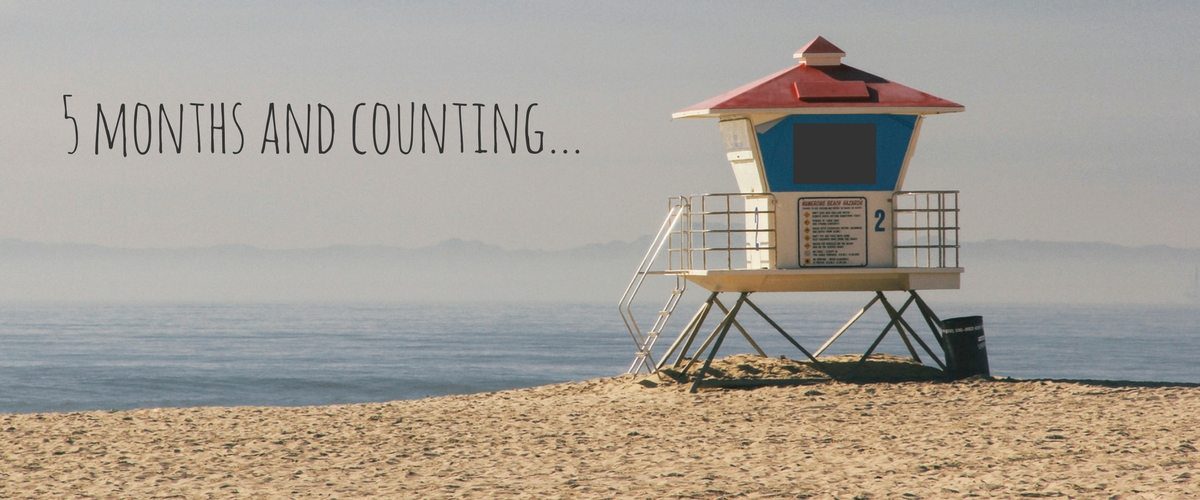Continuing Education
This is our final summer with Kaylee full time, so we are having discussions about what adulthood means for her. Yes, we still believe 18 is the magic number for adulthood. No, we aren’t cutting her loose completely, but we are setting very clear boundaries of what she can expect from us and our role in her adult life. None of this is news for her – its just a little more real now that we are only 5 months from the big day.
As we have these discussions, we stumble into unexpected mindsets not necessarily specific to Kaylee, but apparently pervasive among millennials in general. While I’m not looking to “fix” a generation (see, there’s the apathetic Gen X’er in me), I do want to help those close to me become happy, productive members of society.
Don’t get me wrong, this isn’t something we just started working on; it’s been an active work in process for the last 10+ years. Previous summers have covered less “heavy” topics and felt more like addressing bad habits rather than shifting core beliefs. Please don’t mistake anything I am saying here. Kaylee is an amazing person and has potential to do great things with her life.
Provide them with the skills necessary to lead happy, successful lives.
Rules are for Other People
Our first eye opener was when reading the rules for her attendance at a college engineering camp this week, they advised phones and other electronic devices were not allowed. Kaylee advised that if she put her phone on Do Not Disturb and left it in her purse, she felt that was good enough so she wasn’t going to follow that rule because it was, in her mind, “stupid”. She said all of this without even asking what the ramifications were for being caught with a phone.
I come from a long line of Rule Followers. Good or bad, we tow the line unless its clear the rule presents some danger even while we work to change the “stupid” rules from within the system. So to hear someone so glibly dismiss the importance of rules was curious to say the least. This led to a discussion about how if you choose to participate in an activity that someone else is putting together, you either implicitly or explicitly accept their terms. And just because you don’t bother to read or understand the rules you agree to, doesn’t mean you are exempt.
As an adult, you are accountable for your decisions.
Ownership has its Privileges
We talk a lot about making choices and then owning the choice regardless of what it is. If its the right choice, why wouldn’t you want to own it? If its the wrong choice, you need to own it so you won’t make the same wrong choice again.
As part of the participation trophy generation, someone who has never won anything and has not participated in any group activities where individual performance is critical, its hard to understand ownership. Its like they know the right answer, but have no idea how to execute on their own. Even our budding journalist’s writing uses a bereft 3rd person tense or the vague collective “we” instead of first person.
Obviously you can only own things you have control over, but there is so much power in properly applied ownership, we are taking time this summer to work on this concept.
As an adult, you have to take ownership of your decisions.
Do Something
One of the plagues of the millennials you may already be familiar with is that they want to make a difference in the world, but they don’t have the patience to put in the time and effort to make it happen. We, as parents, have given them so much instant gratification, there is no easy way to turn it off. One of Kaylee’s projects this summer is to create a marketing campaign for one of my pro-bono clients. She had a great idea, did one post and when it didn’t result in any sales, she literally gave up. Society has done such a disservice to the public at large when we talk about “overnight successes” when more times than not, it actually takes years of perseverance to get things done. Why is that wrong? Isn’t life supposed to be about the journey and not the destination?
As we talked through this, we also discovered that the idea of a good leader is someone that reads every social media post in their group and comments on it (either with words or symbol). It was also conceded that a good leader would show up to every meeting that group had. No mention of accomplishments or what the leader actually does beyond talking to the group.
We are going to work on this one a lot this summer. Being a leader isn’t easy and it doesn’t mean you don’t work. Being a leader means you set a good example of how to behave within the group and you get things done. Good leaders don’t quit when it gets hard or when they fail. They have big ideas and the ability to help their team see the ideas too, so stuff gets done.
As an adult, being a good leader requires real work.
The Plan
This summer, we’re focusing on the “do something” piece. So far, we’ve created a schedule so each day we can measure progress towards goals. If something doesn’t help meet a goal, then it is not something we dedicate time to. Don’t worry, we are still traveling and having fun, too. There are many s’mores to be eaten and campfires to be burned this one last summer.
Each day we prioritize and make sure we are all staying on task. As we do this, I realize how undisciplined I have become at some of these things, so it has also been a great opportunity for me to refocus and hold myself accountable as well. I guess that’s what we mean when we say put your money where your mouth is.
Adults do what they say and say what they mean. Even when its hard.

